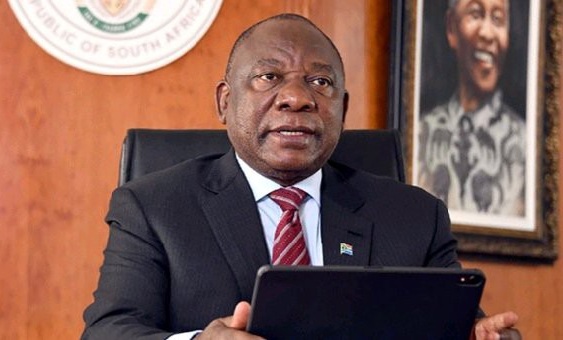Constitutional law expert and political commentator Richard Calland has criticized President Cyril Ramaphosa’s planned National Dialogue, calling it a wasteful and risky political move that could further damage his leadership.
In a sharp critique, Calland argues that the initiative, meant to promote national unity, has instead become an elite-driven discussion with little real impact. He warns that it risks being seen as out of touch with South Africa’s urgent socio-economic crises.
The dialogue, estimated to cost R700 million, has faced strong backlash from across the political spectrum. Opposition parties, civil society, and even some within the ANC question its value at a time when many South Africans struggle with unemployment, poor services, and a stagnant economy.
“The dialogue could turn into another symbol of hesitation and detachment from the real issues,” Calland writes. “With the economy struggling, ANC infighting, and the Phala Phala scandal still lingering, Ramaphosa cannot afford another misstep.”
The EFF has dismissed the initiative as wasteful, while the DA has demanded full transparency on its budget and objectives. Civil society groups argue the funds would be better spent on job creation and improving basic services.
Calland suggests that unless the dialogue is restructured to focus on concrete action and grassroots concerns, it may backfire—eroding public trust instead of restoring it.
“South Africa doesn’t need symbolic gestures right now,” he says. “It needs decisive leadership and practical solutions. This dialogue, as it stands, is not the answer.”
With political tensions rising, the success or failure of the initiative could shape Ramaphosa’s legacy—and determine whether his presidency recovers or falters further.






















